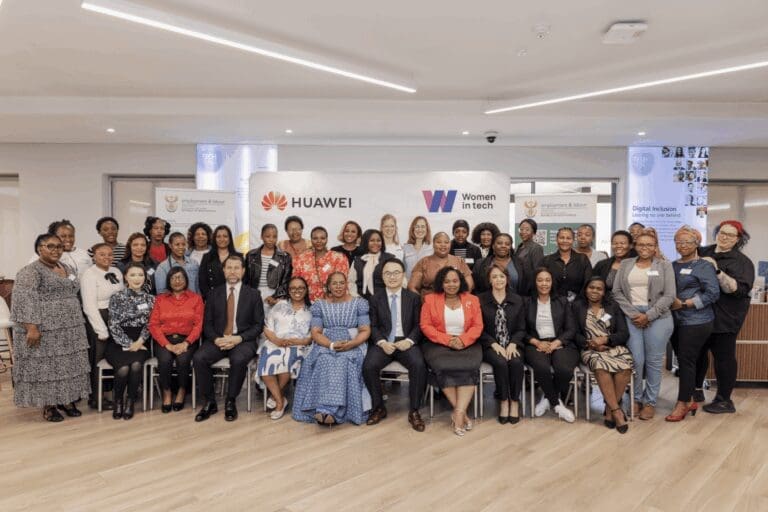Huawei South Africa, in partnership with three government departments, Communications and Digital Technologies (DCDT), Employment and Labour (DoEL), and Small Business Development (DSBD), has celebrated the fourth edition of the Women in Tech Digital Skills Training programme, bringing together 40 women from government and business for hands-on technology learning and practical leadership development.
The goal is to equip women to lead with confidence in South Africa’s growing digital economy and to position them at the centre of the country’s economic transformation.
The three-day programme combines technical training with Huawei specialists in 5G, Cloud and AI, along with leadership development from Henley Business School Africa, to ensure that women gain both digital expertise and the confidence to lead.
“We are proud to continue this collaboration with the government to ensure that more women benefit from the digital economy,” said Charles Cheng, Deputy CEO, Huawei South Africa. “Bridging the digital divide is at the heart of what we do with our ICT Talent Ecosystem, and this programme builds on Huawei’s broader commitment to digital inclusion.”
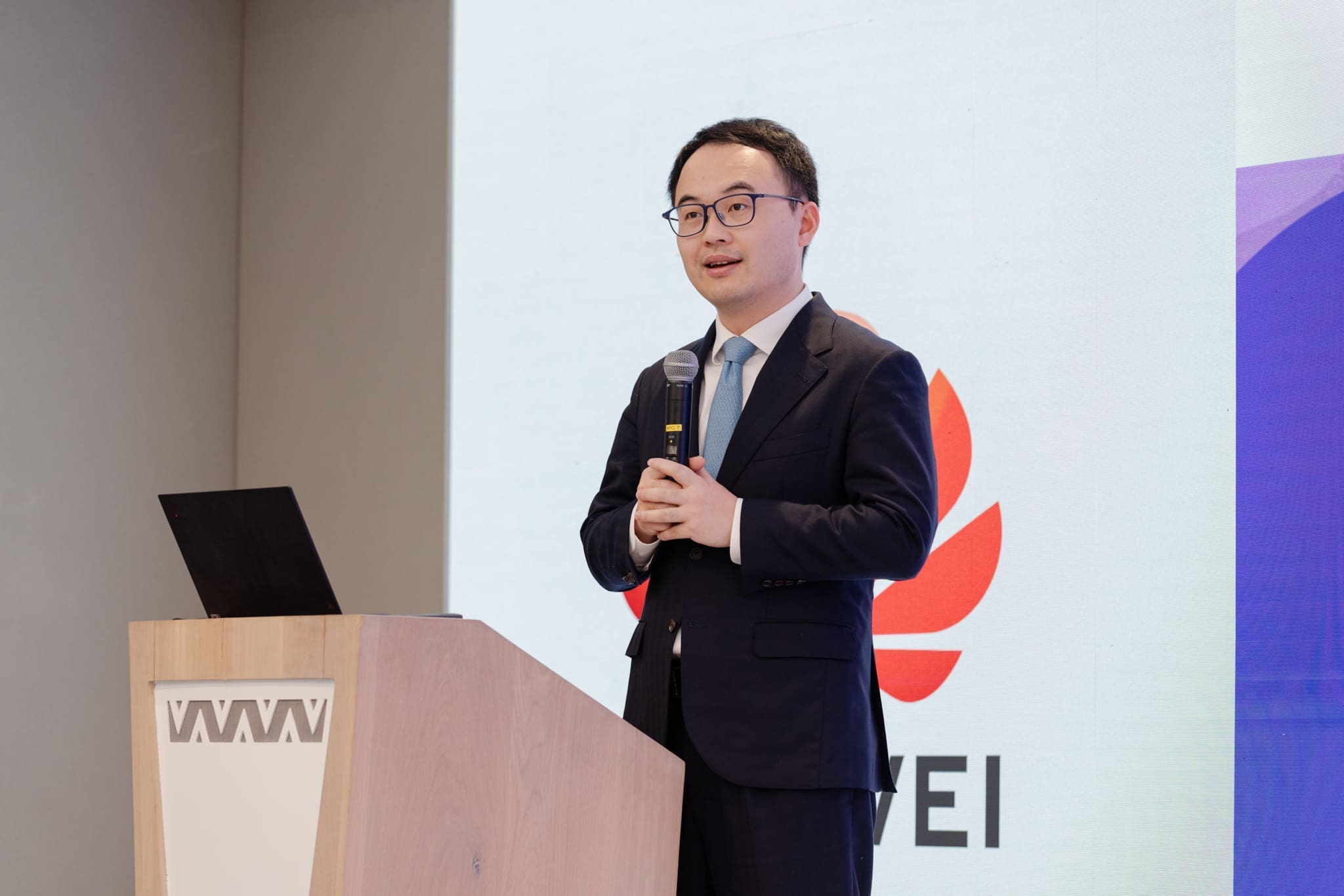
“Access is not yet equal, but technology can be far more useful when we apply it purposefully. We have seen this in our country,” said Nonkqubela Jordan-Dyani, Director-General at the Department of Communications and Digital Technologies. “We can’t achieve this vision on our own, which is why collaboration with partners like Huawei is so important.”
Jordan-Dyani challenged this year’s cohort to innovate technology solutions that address local challenges, saying that government will be deliberate in investing in local talent and innovations with the potential to trigger various initiatives across industries.
Addressing the event, Minister of Employment and Labour, Hon. Nomakhosazana Meth said, “The World Economic Forum estimates that by 2030, 85 million jobs will be displaced by automation, while 97 million new ones will emerge. The promise lies in ensuring that women have equal access to the skills and opportunities that these jobs demand.”
“This is why digital inclusion must go hand in hand with economic inclusion. For South Africa, access to infrastructure and digital skills is not optional, it is essential. Government has invested in broadband connectivity, spectrum allocation and programmes to support youth and women in areas such as digital identity, cyber security and innovation. Partnerships with industry are critical to extend this impact and ensure that no one is left behind,” she said.
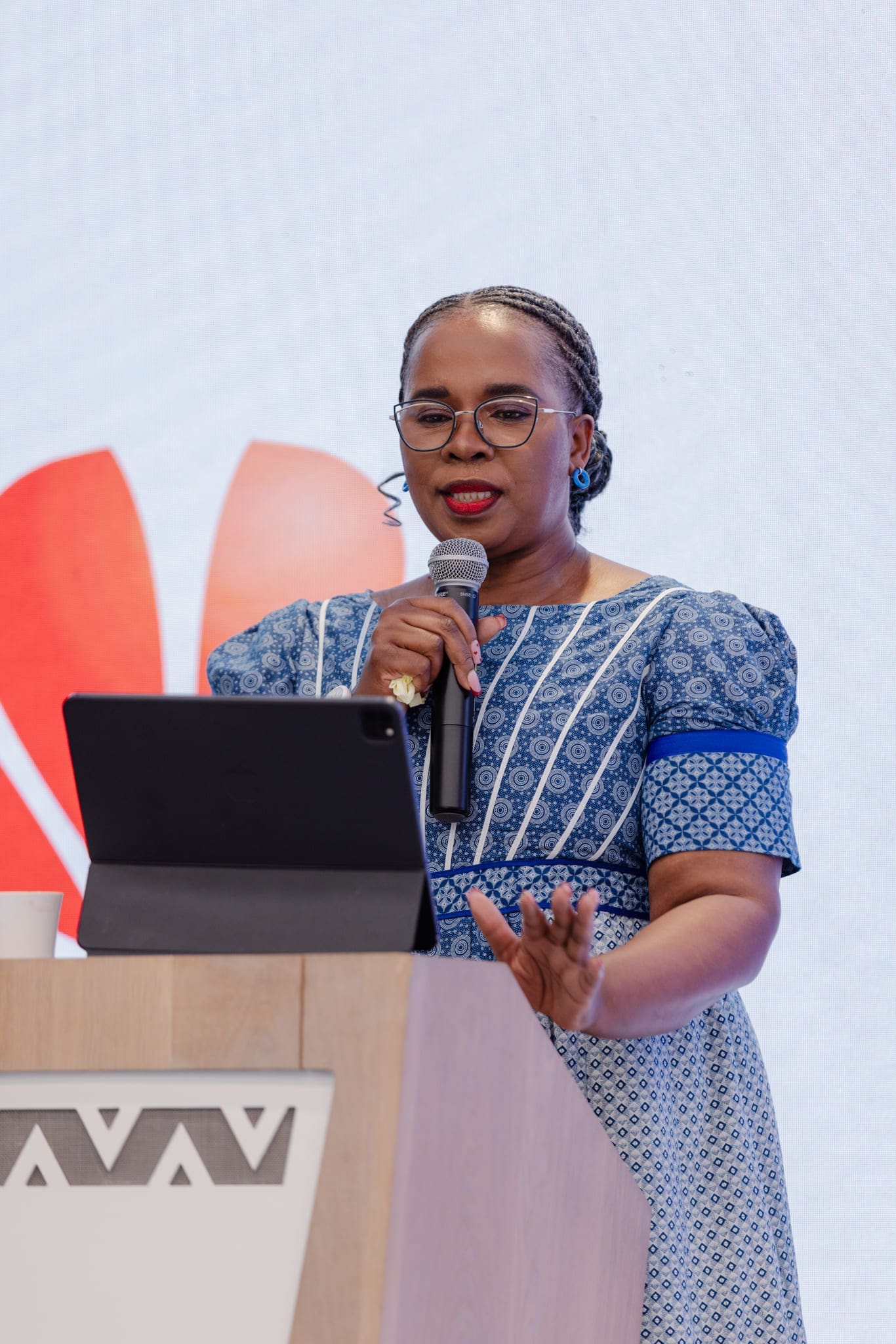
The Minister added that partnerships, such as the one with Huawei, are vital to shaping the future of work and women’s inclusion.
“The Huawei Women in Tech Programme invests in women’s futures by creating pathways for high-tech mentorship and knowledge sharing. It aims to include women entrepreneurs and small business owners who have historically been the backbone of the economy. This demonstrates how compliance evolves into collaboration and how collaboration opens the door to innovation.”
Also speaking at the event, Christina Naidoo, COO of Huawei South Africa, highlighted the company’s commitment to ensuring that women are active participants in the digital economy.
“At Huawei, we believe the real measure of digital progress is whether women are fully included,” said Naidoo. We want to ensure that women have the access, the skills and the confidence to lead in a digital-first world. For us, closing the gender gap is about ensuring economic resilience and inclusive growth.”
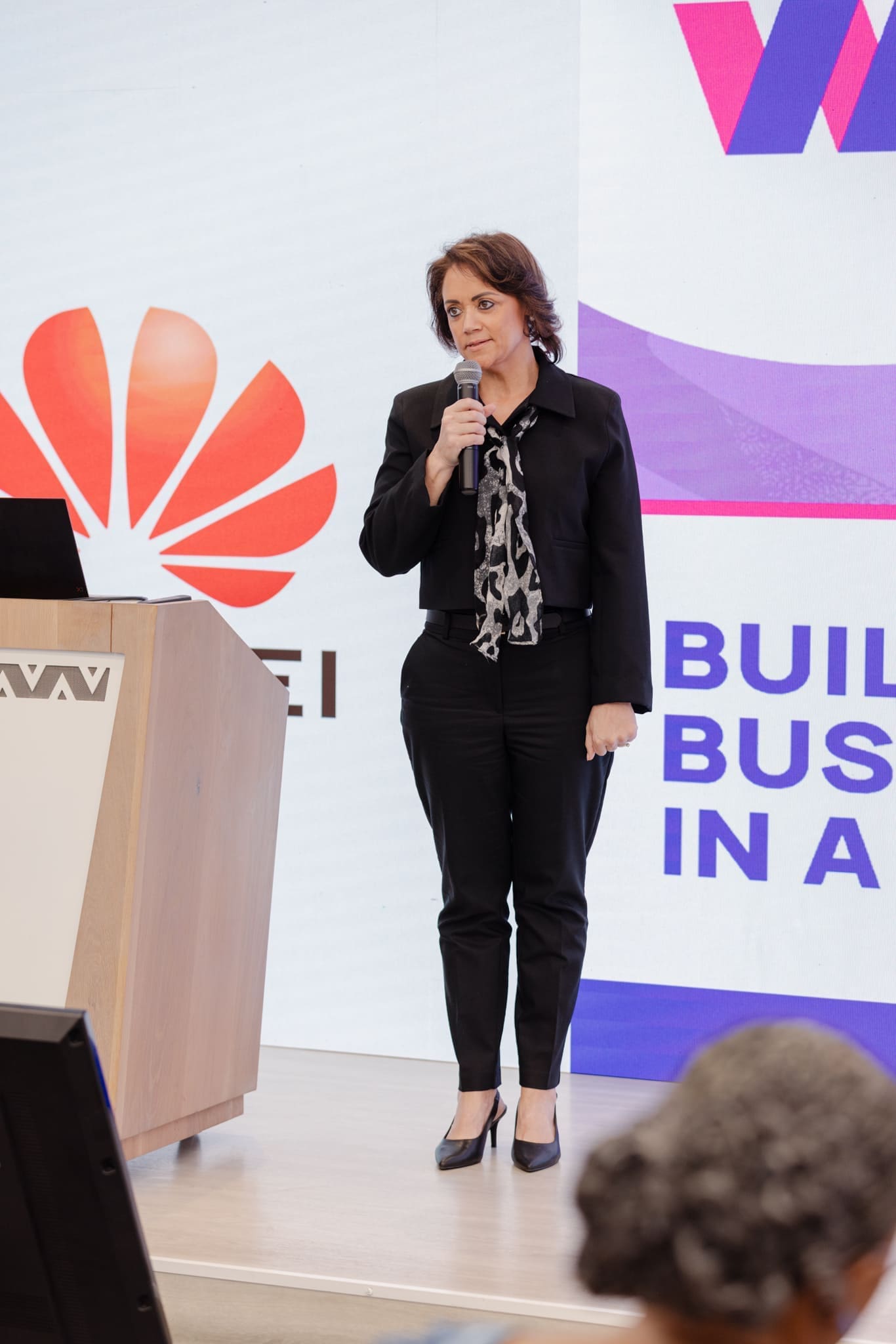
Naidoo also spoke about how the programme builds on Huawei’s commitments to digital inclusion. She highlighted initiatives such as the Huawei ICT Academy and the company’s graduate intake, which have trained thousands of young South Africans, with a deliberate focus on ensuring women are equally represented.
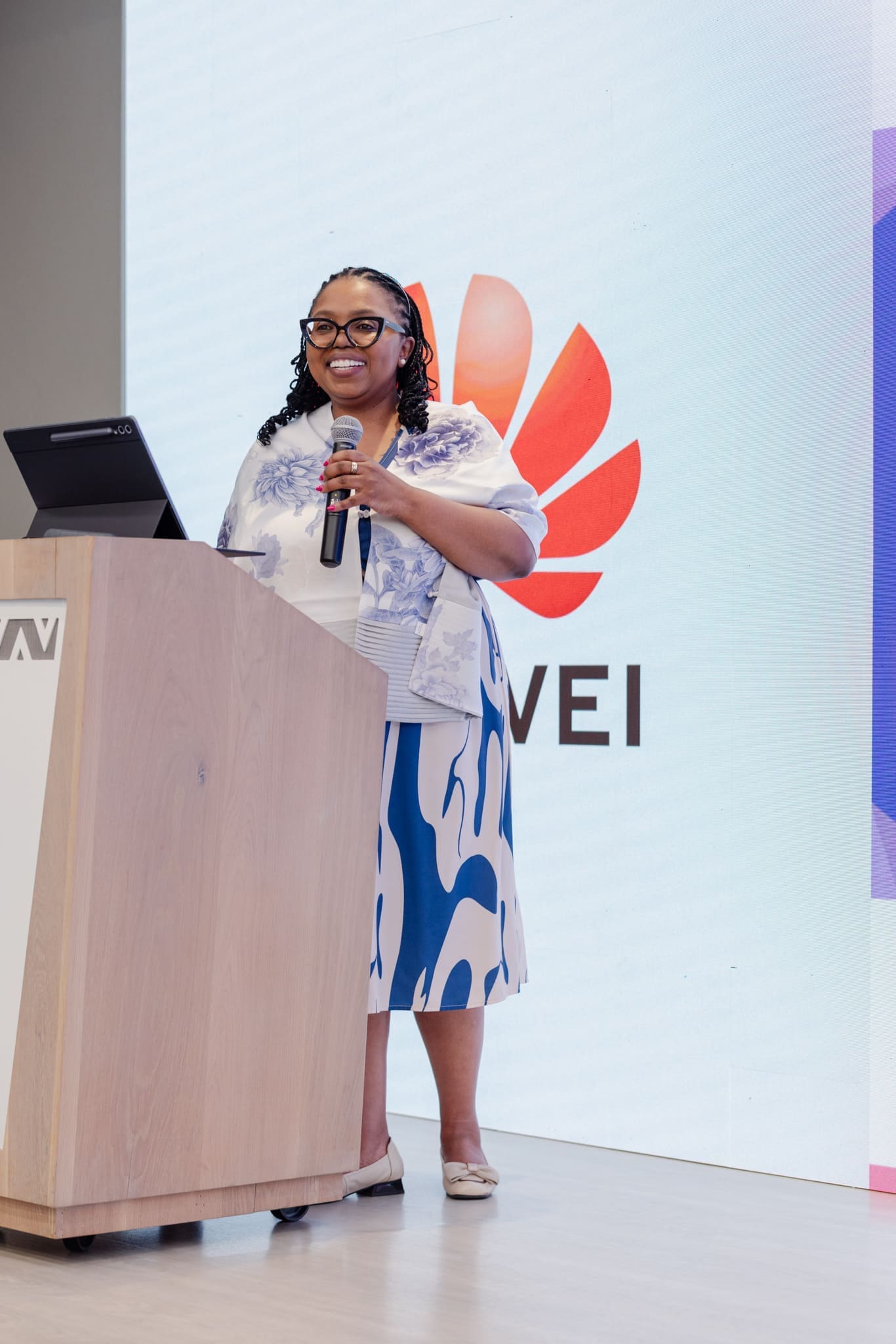
“Programmes like this one show what’s possible when government, business and civil society work together. When women are at the centre, productivity rises, enterprises grow and communities thrive”, added Jacky Molisane, Acting Director-General of the Department of Employment and Labour.
This year’s programme sees government policy leadership, industry experts and academia operating in lockstep. The DCDT, DoEL and DSBD provide strategic direction and alignment with national digital inclusion goals, Huawei delivers specialist training and demonstrations at its Johannesburg campus, and Henley Business School Africa contributes one day of leadership development to embed personal mastery and strategic decision-making.
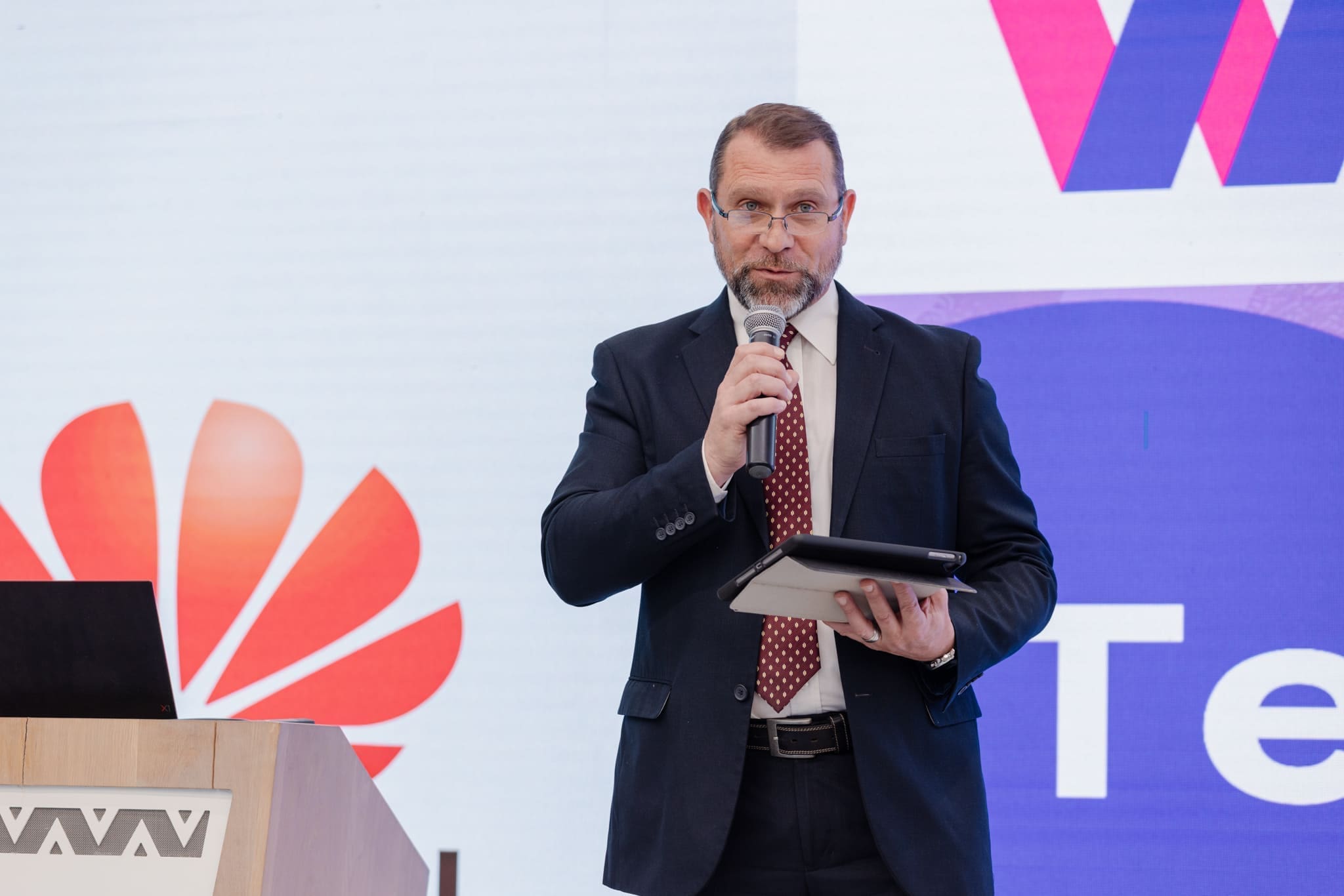
“Our partnership with Huawei is not about names and logos, it is one of shared work and purpose, concluded Jacques le Roux, COO of Henley Business School Africa. “It reflects our commitment to shaping leaders who will guide South Africa’s digital future with women at the forefront.”
